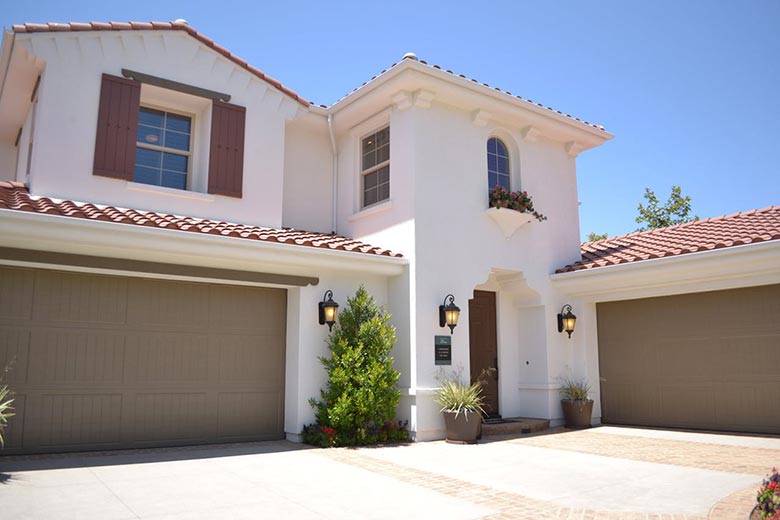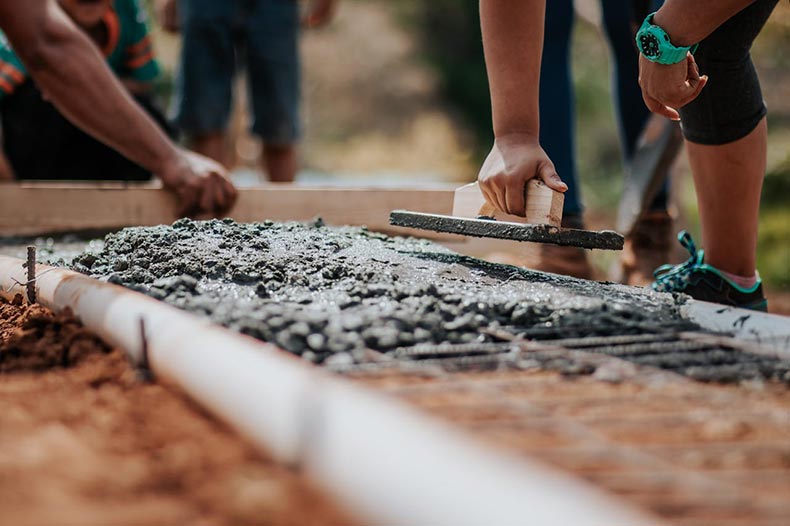
When you move into a new home, there’s often a list of things to inspect, fix, or upgrade. The roof is one of the most crucial parts of your home. Whether it’s a newly built home or an older one, understanding what to expect from roofing costs is essential to planning your budget. Roofing projects vary significantly depending on the roof’s condition, the materials used, and other factors that can quickly affect overall costs.
Assessing the Condition of the Roof
Before diving into roofing costs, the first step is assessing the current roof’s condition. If you’re moving into a newly built home, you’re likely safe from immediate roofing expenses, as the roof should be in great shape. However, if the home is older, a thorough inspection is necessary. A professional roofing inspection will determine if the roof needs minor repairs, major work, or a complete replacement. That is vital information because costs can escalate quickly depending on the extent of the damage or deterioration.
Understanding the Impact of Roof Age on Costs
The age of your roof directly influences your roofing expenses. A roof under ten years old will generally require fewer repairs or maintenance. However, if the roof is over 15 or 20 years old, you should anticipate higher repairs or replacement costs. Most roofing materials have a limited lifespan, so if your new home’s roof is nearing the end of its life, it may be more cost-effective to replace it entirely rather than patching problems as they arise.
Choosing the Right Roofing Materials
The material you choose is one of the biggest factors that impact roofing costs. Roofs come in various materials, each with its price range. Asphalt shingles, for example, are the most common and affordable option, but they might not last as long as higher-end materials like metal, slate, or tile. Your chosen material will also influence your home’s durability, energy efficiency, and overall look. When selecting roofing materials, consider upfront costs and long-term maintenance to make the best decision for your new home.
Labor Costs for Roofing Projects
Labor costs are another significant part of roofing expenses. Depending on the job’s complexity and your home’s location, labor can account for a large portion of your roofing budget. Roofing contractors typically charge for their services based on the size of your roof, the type of material being installed, and the difficulty of the installation. Steeper roofs, for example, may cost more because they require more time and specialized equipment to ensure worker safety.
 Roofing costs are split into material and labor costs.
Roofing costs are split into material and labor costs.
Roof Size and Shape: What You Need to Know
The size and shape of your roof are crucial in determining roofing costs. Larger roofs require more materials, which directly increases the total cost. Additionally, the shape of the roof can make a project more complicated. A roof with multiple angles, valleys, and chimneys may require more labor and time, which can drive up costs. It’s always best to get an accurate estimate based on the specifics of your roof to avoid surprises later on.
Addressing Roof Repairs and Replacement
If the inspection of your new home’s roof reveals damage, you’ll need to decide whether to repair or replace the roof. Minor repairs like fixing small leaks or replacing a few shingles are generally more affordable. However, a full replacement might be necessary if there are widespread issues, such as structural damage or extensive wear and tear. While the upfront cost of a roof replacement is higher, it can be more cost-effective in the long run, as a new roof will provide better protection and require fewer repairs in the future.
Factoring in Roofing Permits and Regulations
Roofing projects may require permits depending on where your new home is located. These permits ensure your roof is up to code and safe for you and your family. Costs for permits vary by location and can add to your total expenses. Checking local regulations or working with a roofing contractor familiar with these requirements is important. Skipping this step can lead to fines or complications later on, so it’s worth considering when budgeting for roofing.
Roofing Warranties: What to Look For
Warranties can be an important factor when determining roofing costs. Many roofing companies offer warranties on both the materials and the labor. The type of warranty you choose can affect the overall cost of the roof, but it can also provide peace of mind. A longer or more comprehensive warranty might cost more upfront, but it can save money on future repairs or replacements if something goes wrong. Always ask about the available warranties and what they cover before finalizing any roofing project.
Seasonal Considerations and Weather Conditions
The time of year you choose to replace or repair your roof can also impact costs. Roofing projects during peak seasons, such as spring or summer, may come with higher prices due to demand. Additionally, weather conditions can affect the timeline and cost of a roofing job. Rain, snow, and extreme temperatures can delay work and increase labor costs. If you can plan your roofing project during a slower season, such as late fall, you may be able to negotiate better rates with contractors.
 The time of year you choose to replace or repair your roof can also impact costs
The time of year you choose to replace or repair your roof can also impact costs
Energy Efficiency and Roofing Costs
Choosing the right roofing materials can significantly help in making your home energy-efficient. Options like metal roofs or solar shingles reflect more sunlight and absorb less heat, keeping your home cooler and reducing energy costs. Although energy-efficient roofing may involve a higher upfront investment, the long-term savings on utilities often make it worthwhile. In addition, you can further make your new home energy-efficient by sealing windows, adding insulation, or installing solar panels, which may qualify for tax credits or rebates, helping offset the initial costs.
The Importance of Regular Roof Maintenance
Once you’ve moved into your new home and taken care of any necessary roofing projects, maintaining your roof becomes a priority. Regular maintenance like cleaning gutters, inspecting for damage, and removing debris can prevent costly repairs in the future. Investing in routine roof care will help extend its lifespan and protect your home from the elements. Though maintenance costs are relatively minor, they should still be factored into your roofing budget.
Conclusion
When moving into a new home, roofing costs are an essential consideration. Multiple factors can affect your budget, from the condition and age of the roof to the materials and labor involved. It’s important to get a professional inspection, choose the right materials, and plan for any repairs or replacements. By understanding what to expect, you can make informed decisions that protect your home and keep your costs manageable over time. With the right approach, your roof will be an investment that provides security, energy efficiency, and value for years.
Article by: Janice Ruano

